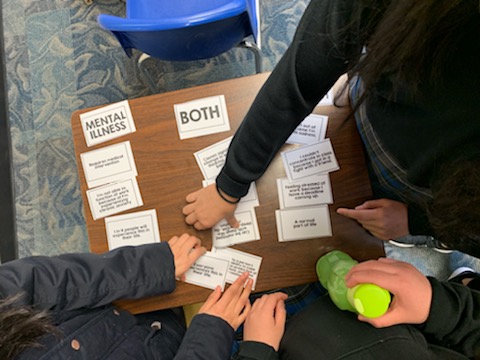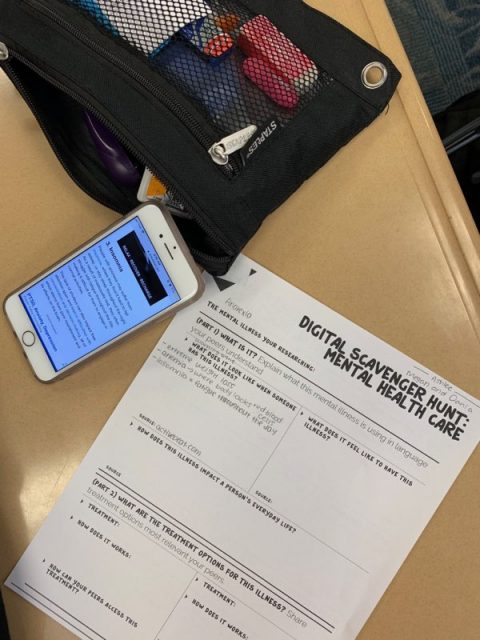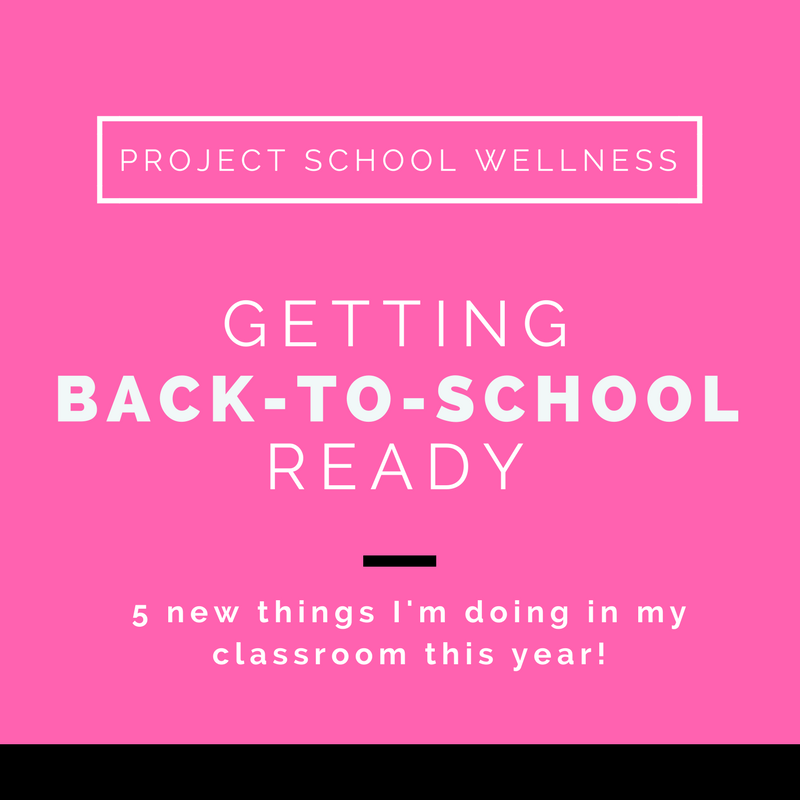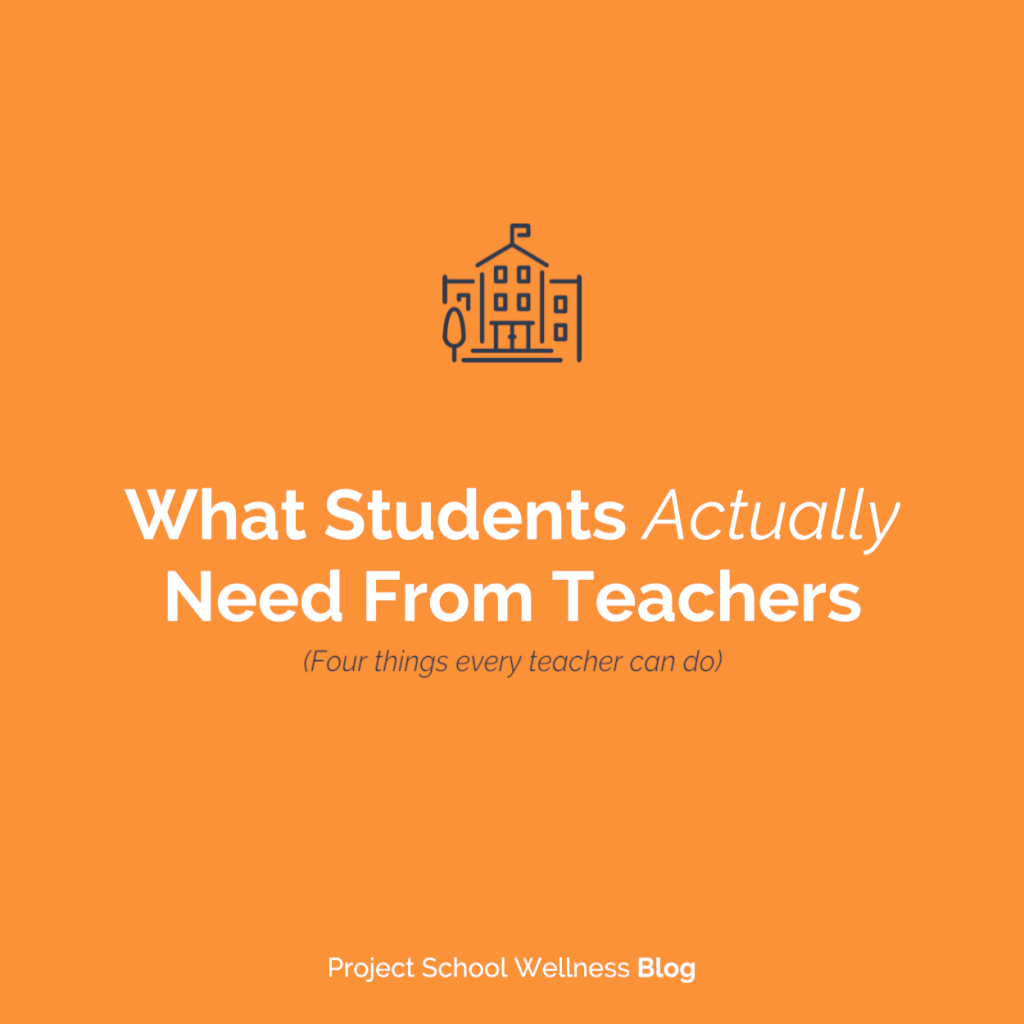Resource Spotlight: Mental Illness Advocacy
A Skills-Based Health Learning Experience
Let's explore our newest high school skills-based learning experience all about Mental Illness Advocacy.
Skills-based health education is an exciting framework for teaching health, focused on students mastering vital life skills.
The goal of this skills-based unit was to teach students about mental illness and develop their ability to advocate to their peers about health issues.
Here's the final project from a group of my 10th graders.
An Overview
As I previously mentioned, the purpose of this unit was to teach students about mental illness and how to advocate for health (NEHS #8). This eight-lesson unit was broken into three phases:
Phase 1: Introduce students to the skill of advocating
Phase 2: Build Functional Knowledge & Skill Development
Phase 3: Effectively and purposefully use the skill in real life
Skill Introduction
The first part of this unit focused on introducing students to the skill of advocacy. To do this, students watched many different examples of advocating in real life, and we explored a step-by-step guide for how they can be advocates.
Free Skills-Based Health Ed Workshop
Building Functional Knowledge
After learning about the skill of advocacy, students started to build function knowledge while practicing the skill.
Functional knowledge refers to the essential information a student must know to be able to effectively perform the skill.
In this Mental Illness Advocacy unit, there were three pieces of functional knowledge students explored:
Topic #1: Understanding the difference between mental health and mental illness
Topic #2: Knowing how to boost mental health
Topic #3: Building a general understanding of a mental illness and know how it's medically treated. - - At this step students chose one mental illness to research. This topic would go on to be the focus on their advocacy video.
Mental Health vs. Mental Illness Sort
How Students Practiced the Skill
After students were introduced to the skill, shown how to perform the skill, and been taught the necessary functional knowledge, they starting practicing the skill.
Practicing how to do the skill with guided activities is vital to helping students build confidence in their ability to use the skill in real life situations.
In this unit, students did two guided advocacy activities before the summative project:
Task #1: Find a resource on the internet about the mental illness they're studying and share it with their peers. The resource needed to accurate, relevant, and compelling to their peers.
Task #2: Create an original and compelling social media post informing peers on where they can get help with the mental illness they've been studying.
Digital Scavenger Hunt
Summative Skill Project
In the final phase of this unit, students created advocacy videos. Students were asked to create a short video that would educate their peers on a specific mental illness. The videos were supposed to be compelling, accurate, and informative.
Using the information they learned in phase two, students created advocacy videos. In my class, students created videos on the following topics:
-
- Anxiety
- Depression
- Bipolar
- Eating Disorders
- Substance Abuse
When students finished making their videos, they shared them with each other. Then they reflected on the process and their ability to advocate for health outside of health class.
Final Thoughts
Overall, I was very happy with this unit. My high schoolers were engaged throughout the entire experience, and they created some awesome advocacy videos!
I can't wait to teach it again next year! Now it's time to finalize the Making Sexually Healthy Decisions unit I taught this spring so I can share it with you!
Free Skills-Based Health Education Workshop
Get instant access to our free "How to Teach Skills-Based Health" workshop. Earn free CE hours and download free advocacy lesson plans!
Hello. I'm Janelle!
A middle school health teacher turned curriculum developer (and #WAHM). I'm on a mission to share the easiest-to-teach, most impactful health lesson plans on the Internet. Because your time and energy is better spent on teaching and connecting, not on planning and prep.







[…] 8. Social Media […]